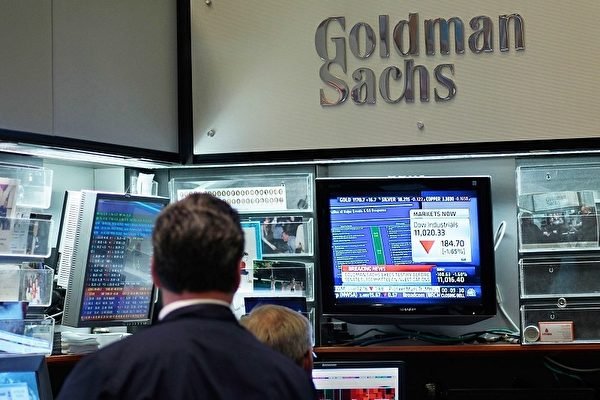Goldman Sachs has stated that in the month leading up to the U.S. election day on November 5th, global hedge funds have shifted their focus towards U.S. stocks while selling off Chinese and broader emerging market stocks, indicating a significant rotation of funds.
According to a report from Goldman Sachs’ main brokerage team cited by Reuters, despite a 20% surge in Chinese A-shares at the end of September due to a series of stimulus measures, the trend reversed at the beginning of this month with a substantial outflow of funds. It is worth noting that the Chinese authorities are no longer disclosing the latest data on foreign capital inflows into their markets.
Goldman Sachs’ bulk trading team pointed out that as of October 23rd, hedge funds had withdrawn nearly 80% of their highest cumulative investments in Chinese stocks, indicating a major shift in market sentiment.
The reason for the capital outflow lies in investors’ disappointment over the lack of details in Beijing’s stimulus policies, causing the Chinese market to retreat from its brief peak, coupled with an increased possibility of former President Trump being re-elected, which raises the risk of tariffs on China.
Goldman Sachs stated, “The net selling of emerging markets this month is set to become one of the largest sell-offs we have seen, with a focus on selling Chinese stocks.”
Hedge funds have also sold off stocks from other emerging markets this month, including markets in India, Taiwan, South Korea, and Latin America.
Goldman Sachs pointed out that hedge funds have returned to the U.S. stock market for the first time in six months, primarily due to stable employment data and corporate profit performance easing concerns about an economic downturn.
As the U.S. election day approaches, hedge funds have generally lowered their leverage to prepare for potential fluctuations, with total leverage levels hovering around a 12-month low, maintaining a more cautious trading strategy.

